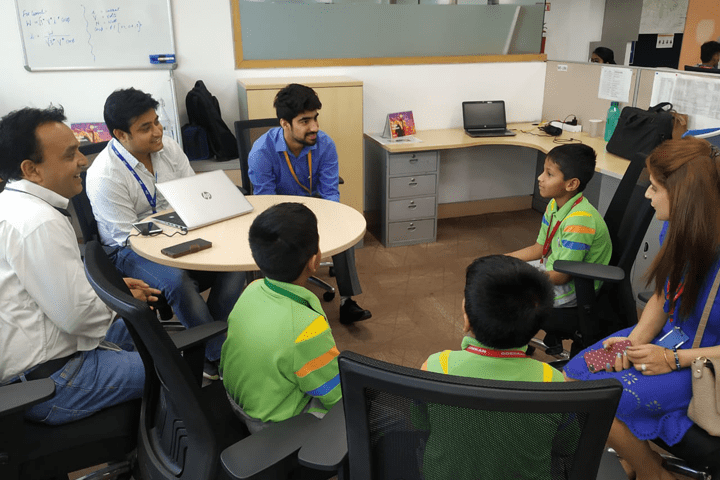IS KEEPING A ROUTINE HARD WORK?
BY: Amanda Johnson
A famous quote from Aristotle, an ancient Greek philosopher states “we are what we repeatedly do” and goes on to say, that our characteristic strive for excellence should not be an art, it should be a habit.[i].
Being organised, having healthy habits and adopting routines are what gives us structure and balance to our busy home-work-life schedules and are major considerations in reducing the undesirable health consequences determined by chaos and stress.
Stress, now commonly acknowledged as a medical condition, can wreak havoc to our physical, mental and emotional wellbeing and can also impact on those around us. Anxiety, depression, sleep deprivation, high blood pressure, heart palpitations and rapid weight fluctuations are just a few of the anomalies associated with stress disorder…the list is alarmingly a lot longer.
Establishing a morning routine is really what sets us up for the rest of the day. Rushed and frantic mornings predetermines chaos from the start and more often than not, sends ripples throughout the course of other day-to-day responsibilities, thus creating more chaos, this snowball effect can quickly gain momentum and suddenly we feel completely overwhelmed, emotional and too stressed to deal with anything rationally.
But, before we begin looking at how we start our day, let’s look at how we end the previous one and ask ourselves…are we getting enough sleep?
 Not enough, interrupted or poor quality sleep can leave us feeling tired, run down and irritable and impairs our judgement, concentration and our ability to solve problems and make suitable decisions. Children can be a big bundle of tireless energy launching at you when you’ve barely slept, the endless cascade of commands and requests can quickly become unbearable and tempers unravel. Remember, a tension free tomorrow begins today.
Not enough, interrupted or poor quality sleep can leave us feeling tired, run down and irritable and impairs our judgement, concentration and our ability to solve problems and make suitable decisions. Children can be a big bundle of tireless energy launching at you when you’ve barely slept, the endless cascade of commands and requests can quickly become unbearable and tempers unravel. Remember, a tension free tomorrow begins today.
If lack of proper sleep is the trigger point for stressful mornings, there are a few adjustments that can be easily implemented.
The body has a natural cycle in terms of sleep and arousal, the circadian rhythm is our internal clock which signals us to be attentive during the day and drowsy at night and responds primarily to the cycle of light and darkness. By going to bed and waking up at the same time each day, our internal clock becomes primed and timed in keeping to an organised rhythm. We can assist this natural cycle further by allowing our mind and body some unwind time at least an hour before sleep, that means no electronic gadgets, no late night snacks and no stimulants…instead try some deep breathing exercises, take a warm shower, switch off completely and relax.
Mornings will seem like less of a battle field if you wake up calm and in control. Prepare and organise as much as you can the evening before so as to alleviate early morning chaos.
As children become older and transform into small ‘humans’ they can be encouraged to take ownership for their own morning rituals, as well as instilling good habits from an early age, it also empowers them in being more self-sufficient, independent and gives them a sense of achievement. The ‘when/then’ routine is great for teaching young ones the order of routine. For example, “when you have washed your face, cleaned your teeth and made your bed, then you can watch TV or play with the iPad”.[ii] Once they begin to understand the order of the morning routine, getting them to do what is asked becomes less of a power struggle and more of a military style exercise in getting ready and out of the house on time!
Benefitting from a regular routine is not that hard to achieve, it just needs planning, organising and implementing and if it’s not working, it probably just needs a little tweak here and there. Consistency is the key in any routine, once you have found one which works for your family, stick with it and remember…we are what we repeatedly do.
[i] Excellence is an art won by training and habituation. We are what we repeatedly do. Excellence then is not an art, but a habit. Aristotle (385-323 BC)
[ii] The “When/Then routine: Amy McCready of Positive Parenting Solutions




